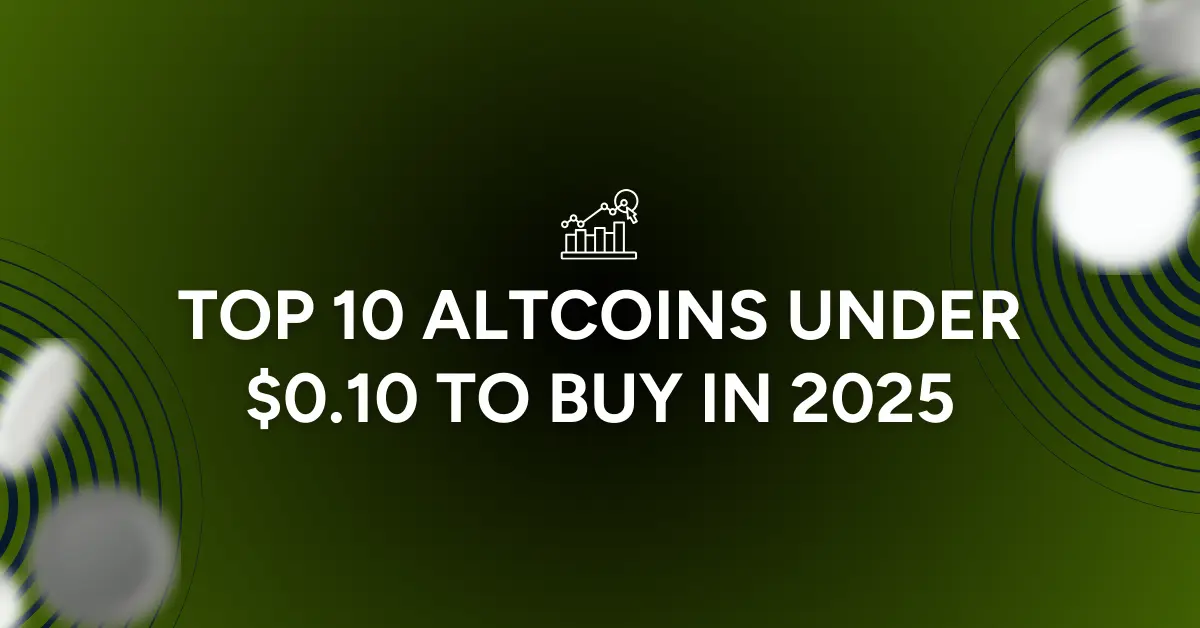
Founded in 2019, Polygon (previously known as Matic) is among the most popular layer-2 (L2) scaling solutions for Ethereum. Since its launch, Polygon has effectively overcome Ethereum’s shortcomings related to transaction throughput, scalability, and cost, which has helped it position itself as a booming DeFi ecosystem.
To further expand its DeFi dominance and attract more developers to use its infrastructure, Polygon, in partnership with Layer-3 (L3) scaling solution Orbs, has announced the launch of a new DeFi accelerator program on Orbs’ DeFi.org accelerator platform.
The newly-announced DeFi accelerator program focuses on supporting DeFi projects that use layer-2 and layer-3 solutions to build their Dapps (decentralized apps) and protocols. While the program primarily focuses on DeFi projects building on Polygon, projects deploying Orbs’ layer-3 infrastructure will receive special consideration.
According to the official announcement, all selected projects under the upcoming DeFi accelerator program will receive multiple benefits, including access to funding, mentorship, and exposure to large communities. On top of that, a few innovative projects will be eligible for additional liquidity injections from DeFi.org alongside featured listings on DeFi.org’s official website and other popular platforms. Teams and developers can submit their applications via the official form or email DeFi.org.
Solving The Developer’s Dilemma
Although Ethereum is a fully-fledged multichain ecosystem, its current limitations make it difficult for developers to work on their projects. Polygon, which was originally developed to serve the role of an Ethereum scaling solution, has since evolved into a multi-feature ecosystem that runs parallel to the Ethereum mainnet, resulting in faster transaction speeds and low gas fees.
The Polygon Protocol connects all Polygon-based blockchains and Ethereum, allowing other chains to leverage Ethereum’s built-in security model. Through the Polygon SDK, a collection of plug-and-play software tools, Polygon boosts Ethereum’s capabilities across three areas: compatibility, extensibility, and modularity. In essence, Polygon allows developers to do everything they can do on Ethereum, but without the low throughput and high gas fees.
By contrast, Orbs is a public blockchain infrastructure that supports smart contract functionality and works by complementing existing Ethereum standards. It offers unique features specially designed to boost interoperability among all EVM-compatible chains. At the same time, its decentralized network of permissionless nodes allows developers to set it up as a separate execution layer (Layer-3).
Orbs can be used in conjunction with existing layer-1 and layer-2 chains as part of a “tiered” blockchain stack, allowing developers to tap into endless possibilities for DeFi, blockchain gaming, NFTs, and several other emerging industries.
The combination of layer-2 Polygon and layer-3 Orbs, paired with the built-in functionality and security of Ethereum, is intended to spark innovative new use cases that attract projects to this new collaborative environment. Moreover, it will enable dApp developers to leverage the features of three different blockchain ecosystems simultaneously, helping projects take advantage of scalability, low fees, high throughput, security, and ease of use – all of which are prerequisites for a booming DeFi ecosystem.







